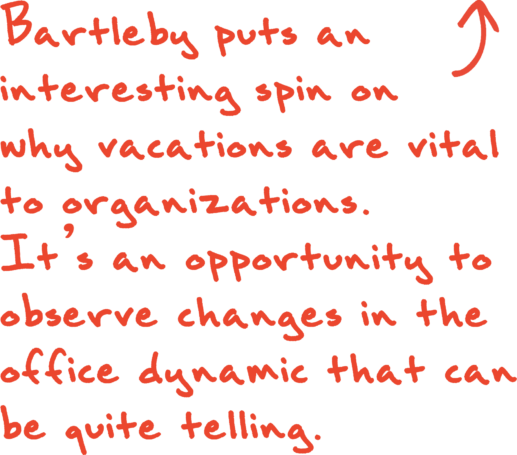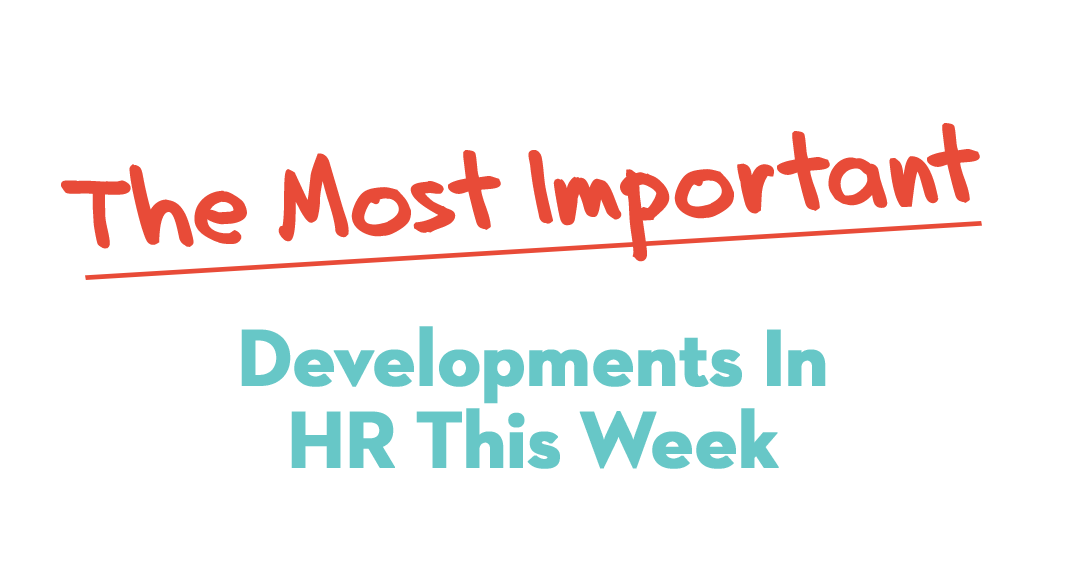
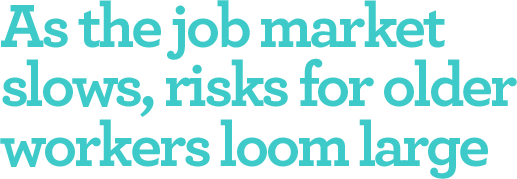
The labor market is slowing. The trade wars are taking their toll on business investment, on economic growth, and on hiring. Policymakers at the Fed are worried enough about the economy to cut their key interest rate for the first time in more than a decade. Older workers — those 55 years old and older — need the labor market growth to continue and are particularly vulnerable if the labor market slows further. As the job market now slows, older workers could be facing tough times again. During the past two recessions, their unemployment rate jumped almost as much as that of younger workers. Worse, the length of unemployment for older workers is always higher than that of younger workers. Many older workers stay in the labor market because they need to, not because they want to, often to offset low savings. Forbes


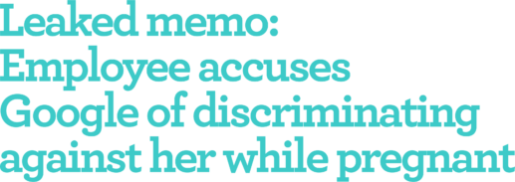
More trouble and unrest at Google. Last week, a Google employee posted a memo to the company’s internal message board saying why she’s not returning after maternity leave. The memo has gone viral. According to Motherboard, nearly 10,000 employees at Google have since seen the memo, which details several instances of the employee’s manager making discriminatory comments about pregnant women. After reporting the behavior to HR, the employee found that her manager started treating her differently. “Almost immediately upon my discussions with HR, my manager’s demeanor towards me changed, and drastically,” she wrote. “I endured months of angry chats and emails, vetoed projects, her ignoring me during in-person encounters, and public shaming. The final blow was finding out my manager was sharing reputation-damaging remarks with other more senior Googlers not on my [product area], and actively interviewing candidates to replace me.” Fast Company
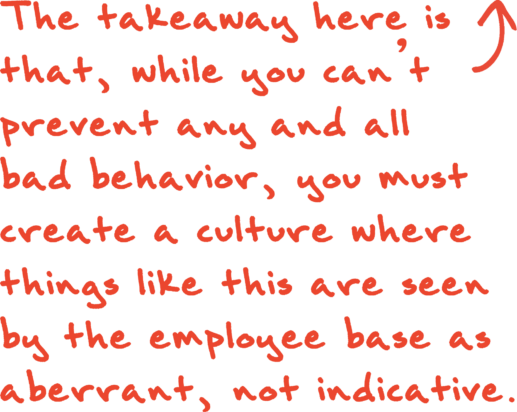


Interesting podcast on HBR this week. Matt Beane, assistant professor at the University of California, Santa Barbara, talks about how robots, machine learning, and AI are changing how we train for our jobs — not just how we do them. He gives examples of how surgeons are using AI to train in the operating room, but also says this trend is emerging in many industries, from finance to law enforcement to education. And he shares lessons from trainees who are successfully working around these new barriers. HBR



In an era in which making your voice heard is more possible than ever, employees are empowering themselves and one another to incite real change in their workplaces. A recent study conducted by global communications firm Weber Shandwick, in partnership with United Minds and KRC Research, delved into the recent phenomenon of employee activism and how it is shaping workplaces and relationships between employees and their companies. The genesis of the study, according to Leslie Gaines-Ross, chief reputation strategist at Weber Shandwick, is tied to recent activist movements by employees at Amazon and Wayfair. Millennials are driving this trend, followed by Gen X. Boomers, not so much. Workforce
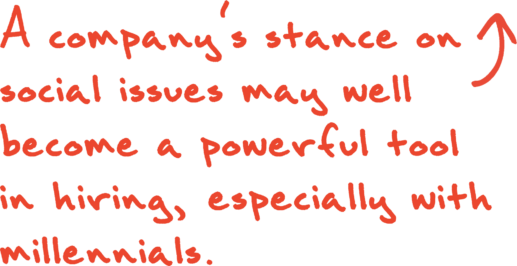


Bartleby puts an interesting spin on why vacations are vital to organizations. Just as employees need a break from the workplace, companies sometimes need a break from their employees. Senior managers can benefit from seeing what happens when their juniors head to the beach. Does office morale improve as soon as a mid-level manager disappears? If so, this suggests that he or she is not running the department well. Does an underling impress when standing in for their boss? In that case, they may be overdue a promotion. The Economist
